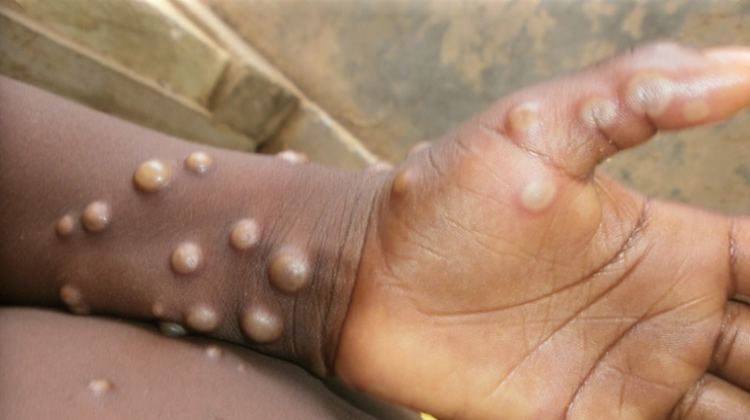
Mpox, formerly known as monkeypox, is a viral disease that can infect humans and various animals. The ongoing outbreak is attributed to Clade I, a strain capable of sexual transmission, which may result in more severe illness and has a fatality rate of up to 10% among those infected. Typical symptoms include a rash that develops into blisters before crusting over, fever, and swollen lymph nodes.
The International Organisation for Migration (IOM) has appealed for $18.5 million to support the response to the spread of mpox across the Horn, Eastern, and Southern Africa. The region has seen an increase in mpox cases, putting migrants and other vulnerable populations at risk of infection.
Migrants and displaced populations are more prone to infection due to poor living conditions and significant barriers in seeking healthcare. The IOM notes that the spread of mpox across the region is a grave concern, particularly for vulnerable populations who are often overlooked in such crises.
The IOM’s appeal aims to support infection prevention, control, and response measures, particularly at border crossings. The funds will also support awareness-raising activities among migrant and host communities, as well as internally displaced persons.
The agency highlights that the region’s role as an origin, destination, and transit hub for migrants could hinder disease prevention. Therefore, it is crucial to build the capacity of national healthcare workers and front-line responders to identify high-risk areas and ensure effective monitoring of the disease.
The IOM’s appeal comes after the World Health Organisation declared mpox a public health emergency of international concern. The agency stresses that vulnerable populations, including migrants and displaced persons, must receive necessary healthcare and protection to mitigate the spread of the disease.
